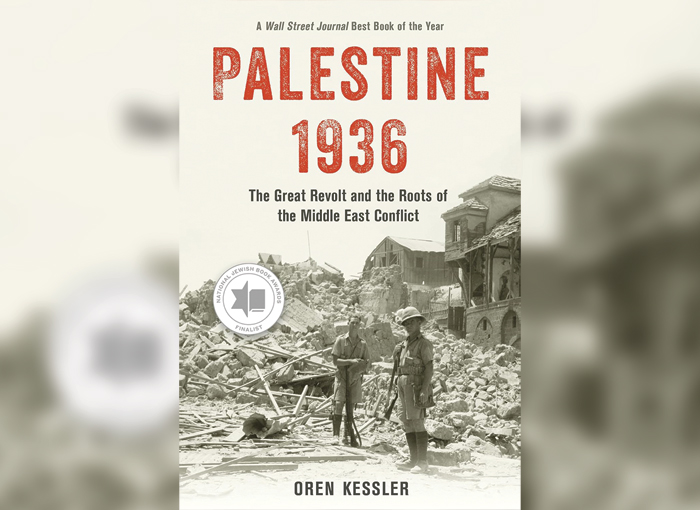When my friends Cami and Howard Gordon invited me to an informal dinner with guest speaker Natan Sharansky at their Pacific
Palisades home, my first thought was, “Oh, good, I get to see their new house.”
It just seemed slightly more interesting than Sharansky’s topic: the Caravan for Democracy, a program that educates high school students about Arab-Israeli conflicts.
From memory, I could recall the broad strokes of Sharansky’s story. In the early 1970s, he was denied an exit visa to follow his wife to Israel. He protested and joined the Refusnik movement. He was imprisoned in Siberia and wasn’t released until nine years later, in 1986 (OK, I Googled that date). He was released during the Reagan administration and reunited with his wife in Israel. Thinking about this made me realize that people talked a lot about “Soviet Jewry” back then. Now neither word gets a lot of play.
Sharansky was a wonderful speaker who opened with: “I spent nine years in a labor camp in Siberia and nine years in the Israeli Knesset and I don’t know which was harder.”
It got a big laugh. You have to admire a man who didn’t leave his sense of humor in the gulag.
Next, Sharansky turned his attention to Ariel Sharon, who was still in a coma. Sharansky talked about the importance of having a prime minister who was born in Israel but still saw himself as a “Jew first and an Israeli second.” He praised Sharon for that. And then later called him “a gambler.”
Sharansky’s main topic was the rise in global anti-Semitism — not just in Iran, whose president has declared that Jews should be “wiped off the map,” but also in the United States. He was especially concerned about anti-Semitism on American college campuses and spoke about educating high schoolers to know the truth about Israel and understand its importance.
It was depressing to hear about rising anti-Semitism and as the talk started to wrap up, I had an additional sad thought. I desperately wanted to call my grandmother and tell her that I had heard Sharansky speak. But I can’t. She died in 1987.
Granny followed Sharansky’s story closely and I remember her deep concern over his persecution. She loved science and as a mathematician and a chess player, Sharansky was her kind of guy. So after the questions, I went over to see if I could meet him. He was surrounded by five men discussing politics and, for a moment, it seemed like I would never have a chance. (You know, Jews….) Then the group broke up and Sharansky was suddenly alone. I moved in quickly.
I said, “I just wanted to say something sentimental. In the ’70s, my grandmother–her name was Frances Cohn — worried so much about you. And she was so happy when you were released. She kept a photo of you from a magazine for a long time. I remember it. You had a big smile and very red cheeks. She would have been so proud to know that I got the chance to meet you.”
Sharansky nodded nicely, but seemed unsure how to respond since I hadn’t asked a question. He shook my hand and I leaned in and kissed him on both cheeks. He started to turn away, then thought of something and turned back to me with his finger in the air. He said, “I knew there were people who cared about me and that helped get me through.”
I couldn’t really speak after that. For so long, I had known one side of the story. Now I knew the other. More than 30 years ago, there was a beloved grandmother living in Jewish Community Housing for the Elderly in Brighton, Mass., who felt connected to a young Russian mathematician imprisoned in Siberia. She worried and feared for his life. But what I learned this week is that the young Russian mathematician in Siberia felt the connection, too.
Writing this, my chest still feels constricted. It’s a feeling both global and personal. I wish Israel were at peace and anti-Semitism was declining. And I wish I could call Granny and tell her that I met Natan Sharansky.
Nell Scovell is a writer-director living in Los Angeles.






















 More news and opinions than at a Shabbat dinner, right in your inbox.
More news and opinions than at a Shabbat dinner, right in your inbox.